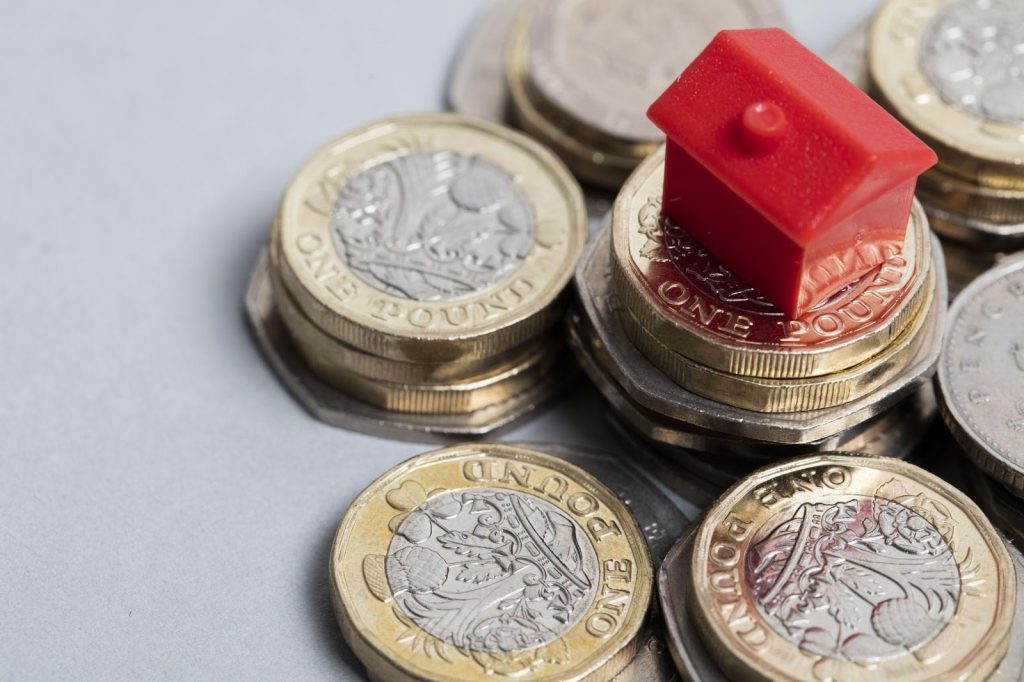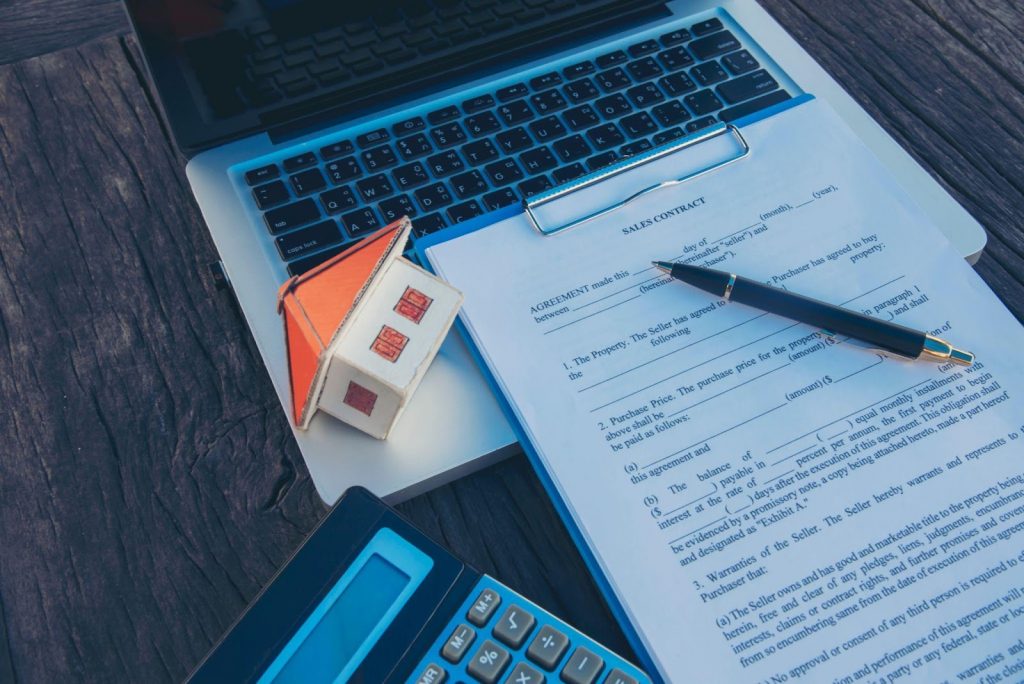While there are very few ways to cut down on the time it takes from agreeing on a price to being handed the keys to your first home, you can cut the costs. Saving money during the purchase of a new home means taking a more strategic approach while ensuring that you have a very robust understanding of everything that has to happen before you get those keys.
Getting onto the property ladder isn’t always easy, but the more you know, the easier it will be to cut your costs. Take the right steps, and you can avoid many of the obstacles that are traditionally in the way of a property purchase. Here’s how to ensure that you don’t overspend when buying your first home.
Table of Contents
Planning ahead
Your first step is to save your deposit. If you’re not quite deposit-ready, make sure that you have a timeline plotted out so that you know roughly when you will have saved enough for your deposit. Use every saving trick in the book to ensure that you get that deposit saved as quickly as you can. Use direct debits into your savings account every month, cut down on your streaming services and stop buying name-brand goods. Anything you can do to save money will speed up the process.
Get help
You might not be aware of this, but the UK government has funding available for those buying their first home. Make sure that you know what a Lifetime ISA is and whether it’s a good choice for you (they tend to be extremely valuable for first-time homebuyers). There’s also the Help to Buy equity loan, which can be used for new builds and provides up to 20% (or 40% in London) of the total property price. Get the help you need, and you can quickly move on to the next stage.
Get a conveyancing solicitor early
If this is your first home, conveyancing might be a bit of a mystery. It’s a crucial part of a property purchase and can’t be avoided. It’s always best to hire the services of a conveyancing solicitor as early into the house-buying process as possible. Don’t wait until you’ve found a property and agreed on a price (a very common mistake). Instead, find out all you can about conveyancing and ensure that you choose a conveyancing solicitor accredited by the right organisations.
Top Tip: It’s rarely a good idea to use the conveyancer recommended by an estate agent. Referral money will have changed hands, so you can’t be sure if that recommendation is based on value. Always do your research and get a few quotes, or you could risk paying more than you should.
How to avoid being gazumped
If you’ve found your dream home, made an offer and had it accepted, always ask the estate agent to take the listing off the market. Gazumping is one of the most common ways to see the price of a property suddenly leap, and you want to avoid that at all costs. If that home remains listed on the estate agent’s site, another buyer could swoop in and steal your purchase. That will lead to further delays and costs, which will come straight out of your budget.
Always haggle
The listed price of a property isn’t set in stone. Even if negotiating on price makes you feel uncomfortable, you could potentially save thousands of pounds. So it’s always worth seeing how low you can go. Don’t forget that asking the right questions could see a lower price being offered. Although you may not get a straight answer from an estate agent, asking the following questions could end up saving you more than you think:
- Have there been many viewings?
- Has it been on the market long?
- Why are the owners moving?
- What are the neighbours like?
- How old is the boiler/how long since the last electricity and gas checks?
- What parking issues are there?
The more you ask, the more likely it is that you’ll start to see the price drop. Negotiations are one of the best ways to save massive amounts of your budget.
Spend less on your first home
Nobody said that getting onto the property ladder would be easy, but that doesn’t mean you can’t make savings. Although your first home is likely to be the single biggest purchase you’ve ever made, there are always ways to save yourself money. Take your time to save what you need, do your research, so you know what to expect from the process, and ask questions. The more time you take and the more prepared you are, the easier it will be to cut the cost of your first home.




